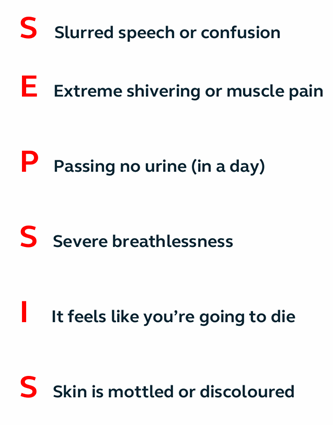Fizz Free February
- Edward Gayton

- Feb 8, 2019
- 2 min read
Tooth decay is now the number one reason for hospital admissions among young children.
Recent data has revealed that 170 children and teenagers in England are undergoing tooth extractions under general anaesthesia in hospitals in England every day. This costs £36 million a year – and the number of operations have increased by 17% since 2012.

The Fizz Free Feburary campaign, launched last year by Southwark Council, has got the backing of Sugar Smart and has now gone national.
It aims to encourage local authorities, health professionals, schools and colleges, to encourage young people to ditch fizzy drinks to help protect their oral health, as well as their general health.
One of the most important messages that dentists can give to patients is to remember that it is not just the amount of sugar you eat or drink that causes tooth decay, but also how often you have those sugary foods and drinks.
Top tips for dental patients
Quitting fizzy drinks: Fizzy drinks are the largest single source of sugar consumption for children aged 11-18, and they provide an average of 29% of daily sugar intake - cutting them out for a month is an easy way to reduce sugar intake and to help encourage a reduced intake for the rest of the year, by switching to healthier alternatives.
Sugar-free fizz is still bad for teeth: The fizz in sugar-free drinks is still acidic, and can cause tooth erosion, so it's much better to switch to tooth-friendly alernatives like water, milk, or a small serving of fruit juice - but this is best consumed with a meal, to avoid the erosive acidity of the fruit juice.
Reduce sugary snacks: the risk of developing tooth decay increases as the amount and frequency of sugar consumption rises.
Brush twice a day: keeping teeth clean by regular brushing helps prevent decay. Children's brushing should be supervised until the age of seven. Ask your dentist for more advice.
Use a fluoride toothpaste: all children up to three years old should use a toothpaste with a fluoride level of at least 1000ppm, both morning and night. From three to six years old, their toothpaste should contain more than 1000ppm. For children six years and older, the recommended amount is between 1350ppm-1500ppm.
Visit the dentist on a regular basis: ask your dentist how often you should visit and keep your appointments, if oral health problems are spotted early, then they can often be dealt with much easier. Your dentist can answer any questions you have about the best way to look after your child's teeth.
Watch out for 'hidden' sugars: pure fruit juices can be a healthy choice, but the natural sugars these contain can still damage teeth. If you are offering fruit juice, drink it with a meal and only in a small glass (up to 150ml).






When schedules become overwhelming, professionals often feel burnt out. A business trip massage helps restore balance, relaxes muscles strained from travel, and 출장마사지 offers a mental reset that makes it easier to handle tasks with clarity and focus.
Smooth experience from start to finish. They took care of an old Get Rid of RV that hadn't moved in years, leaving our driveway completely clear in no time.
PSG memulai babak kedua dengan intensitas tinggi Timnas Putri Terhenti: Kalah Tipis dari Chinese Taipei
Following ai trading app developments provides insight into the future direction of technology and can help investors align their portfolios with emerging trends.
The bonus takes your gaming experience to the next level. It’s a great option for those wanting to play for longer periods and partycasino take risks without worrying about losing their own funds right away.